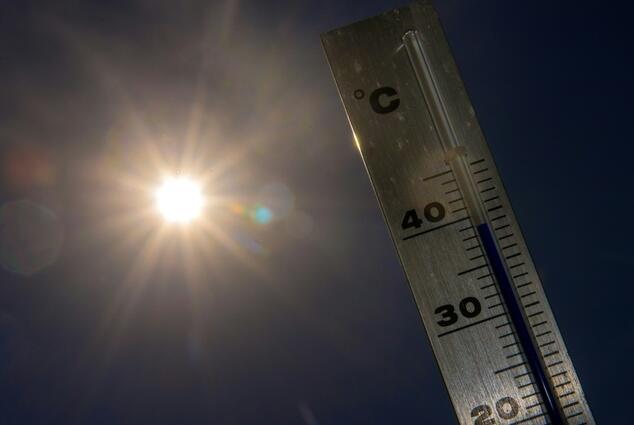Hopes were high Friday that world envoys meeting in Rwanda will agree to phase out potent gases used in refrigerators and air conditioners that are among the biggest contributors to global warming.
While delegates expressed optimism that a deal was in reach, there was still horse-trading to be done, with wildcard India pushing for the gases to be phased out from 2031.
US Secretary of State John Kerry acknowledged that while the US would be ready to begin phasing out the use of hydrofluorocarbons (HFCs) from 2021, other countries might move at a slower pace.
“But no country has a right to turn their back on this effort,” he told delegates, warning that the world already faces droughts, flooding, agricultural disasters and waves of climate refugees.
“And if we’re going to give this amendment the teeth it needs to prevent as much as a half-degree of warming, then we need to make sure we’re pushing for the most far-reaching amendment we can adopt,” he declared.
Talks to get almost 200 nations to agree to end the use of HFCs are expected to stretch into the “wee hours” of Saturday, he said.
These gases were introduced in the 1990s to replace chemicals that had been found to erode the ozone layer, but turned out to be catastrophic for global warming.
Banning HFCs — also found in aerosols and foam insulation — could slow the global temperature increase by half a degree Celsius by the end of the century, according to experts.
Rwanda’s President Paul Kagame is hosting the meeting and on Friday was to meet Kerry, one of around 40 ministerial-level delegates weighing various proposals for amending the 1987 Montreal Protocol, implemented to protect the ozone layer.
‘Tricky issues’
Clare Perry, of the Environmental Investigation Agency campaign group, said some “tricky issues” remained to be resolved, such as financing.
But she said countries were under pressure because “no one wants to be the reason that the biggest climate win in 2016 didn’t happen”.
Developing countries like India, and other hot nations where HFC-using air conditioners are in high demand, are concerned about the high costs of the transition away from HFCs.
“We have come with an open mind and with the view that we must reach a fair and just agreement, but what would a fair and just agreement imply?” said Ajay Narayan Jha of India’s environment and climate change ministry.
“There are issues of cost, there are issues of technology, there are issues of finances. We would like to emphasise that any agreement will have to be flexible from all sides concerned. It can’t be flexible from one side and not from the other.”
Last month, a group of developed countries and companies offered $80 million (72 million euros) to help developing countries make the switch away from HFCs.
‘Go the extra mile’
Despite the potential sticking points, Erik Solheim, head of the UN Environment Programme, said he remained optimistic.
“We are very close but of course we need to go the extra mile. If we make this agreement it will be one the most important global meetings in this year.
HFCs’ predecessors, chlorofluorocarbons (CFCs), were discontinued under the 1987 Montreal Protocol when scientists realised they were destroying the ozone layer.
This blanket of gas in the upper stratosphere protects Earth from the Sun’s dangerous ultraviolet rays.
But it emerged that HFCs, while safe for the now-healing ozone, are thousands of times worse for trapping heat than carbon dioxide, the main greenhouse gas.
According to the Berkeley National Laboratory, air conditioning is the cause of the largest growth in HFCs — and the world is likely to have another 700 million air conditioners by 2030.
Last year’s Paris climate agreement aims to keep global warming below two degrees Celsius, compared with pre-industrial levels.
But continued use of HFCs could prove a serious stumbling block to attaining the goal.
HFCs — though they are greenhouse gases like carbon dioxide, methane and nitrous oxide — are not dealt with under the Paris Agreement but under the Montreal Protocol.
Any amendment to the protocol will be legally binding.
Source: AFP











